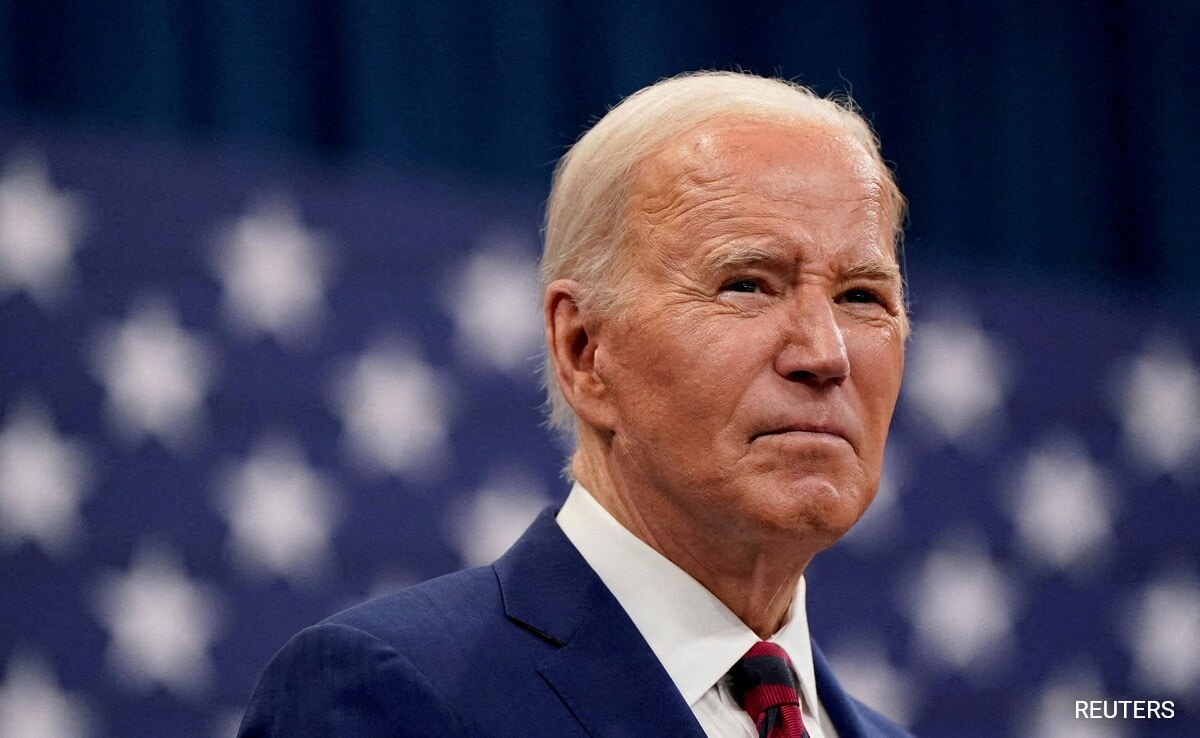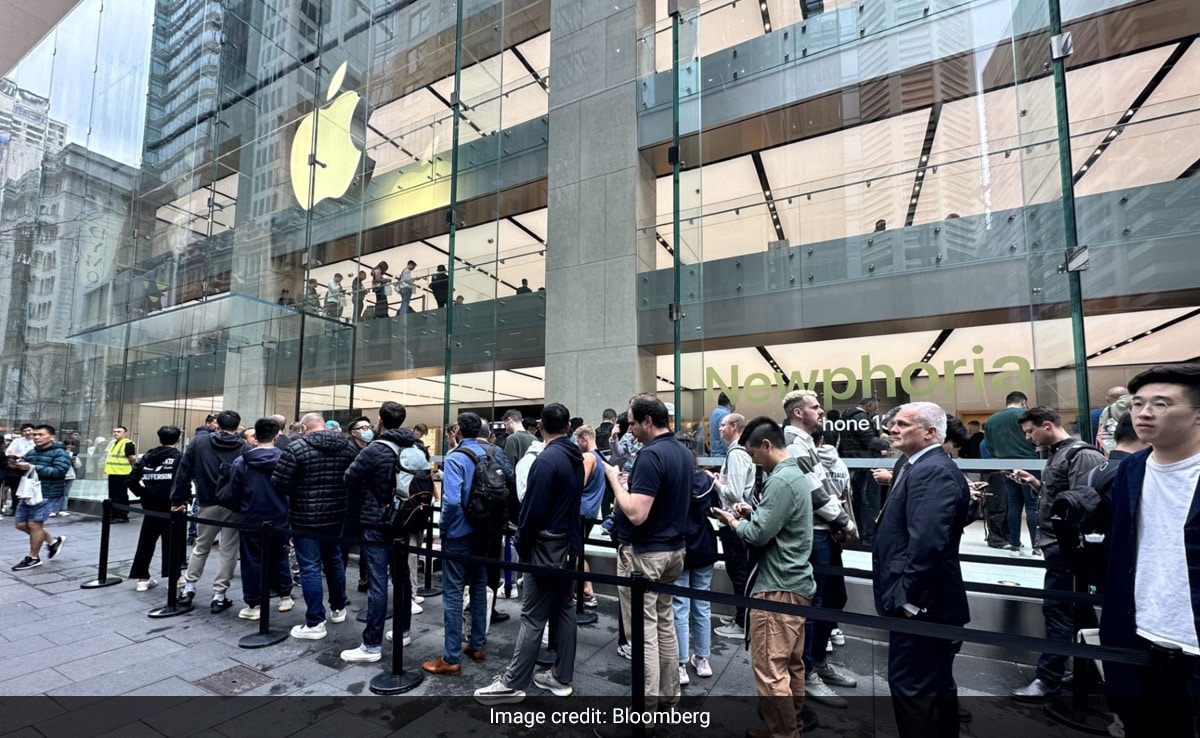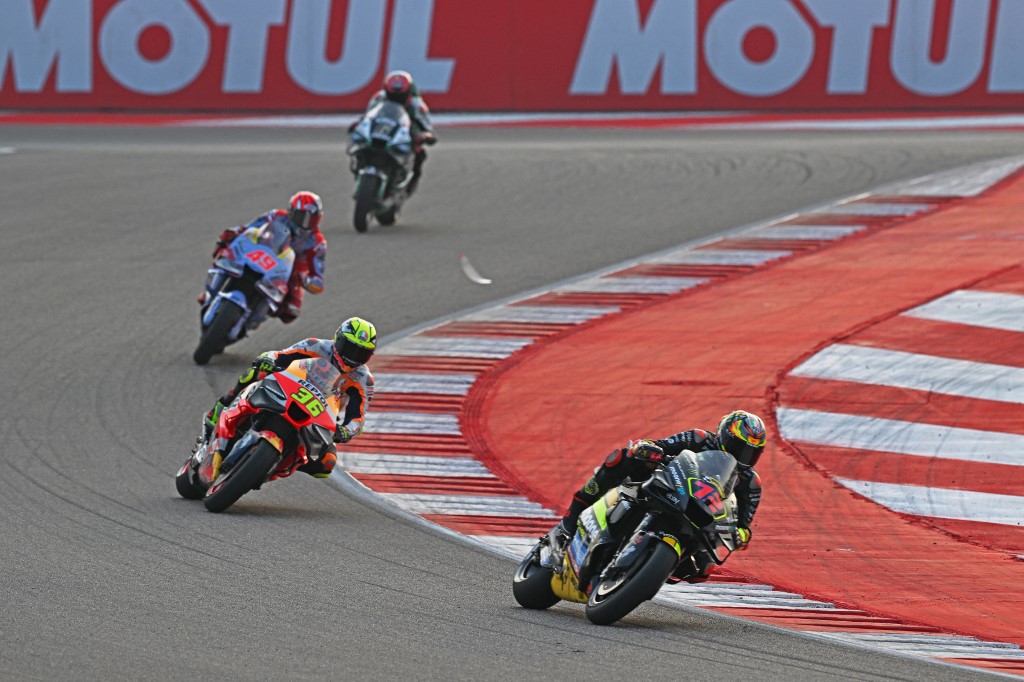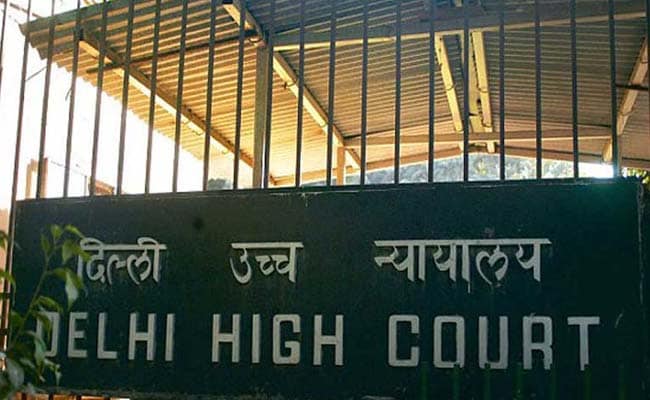Congress MP Rahul gandhi is contesting from UP’s Raebareli and Wayand in Kerala (File).
New Delhi:
Polling for the fifth phase of the Lok Sabha election began today with voting taking place in 49 seats across six states and the union territories of Jammu and Kashmir and Ladakh. States where voting will take place are Uttar Pradesh (14), Maharashtra (13), Bengal (7), Odisha and Bihar (5), and Jharkhand (3), as also one seat each in J&K and Ladakh. In addition, 35 Assembly seats in Odisha will also vote.
This will be the smallest of the seven phases in this election but will still feature some big names, including Congress MP Rahul Gandhi, who will contest from the family stronghold of Raebareli in Uttar Pradesh – won in the past five elections by his mother Sonia Gandhi. This will be his second contest this election; he fought from Kerala’s Wayanad, which voted April 26. He won the seat last year, allowing him to remain a MP after a shock defeat to the BJP’s Smriti Irani in UP’s other Congress bastion, Amethi.
READ | Called “Gandhis’ Chaprasi” By BJP Leader, Congress’s Amethi Pick Says
Amethi will also vote today, with senior Congress leader Kishori Lal Sharma looking to win back the seat. Mr Sharma, seen by many as a second-choice candidate after Rahul Gandhi’s sister, Priyanka Gandhi Vadra, declined another invitation to make her electoral debut.
READ | Rahul Gandhi Files Papers From Raebareli, Gandhis Opt Out Of Amethi
Smriti Irani will attempt to defend her Amethi seat in this election.
The suspense over who from the Congress would contest these two (very) high-profile seats was among the biggest headlines leading up to this phase of the election, with even party boss Mallikarjun Kharge leaving the decision up to Rahul Gandhi and Priyanka Gandhi.
Defence Minister Rajnath Singh is also on the ballot.
He contests from Lucknow and is aiming for a hat-trick, with the Samajwadi Party’s Ravidas Mehrotra his big rival. The SP is part of the INDIA bloc and has been backed in this campaign by the Congress.
Kaiserganj has also become a headline seat as it was the constituency of ex-national wrestling body chief Brij Bhushan Singh, who was dropped after the BJP came under heavy pressure over allegations of sexual assault against him. His son, instead, has been fielded.
READ | Like My Father, Will Be There For You: Brij Bhushan’s Son To Voters
Away from UP, the six Lok Sabha seats of Mumbai are also voting in this phase.
Maharashtra politics has seen a series of swings and U-turns since the 2019 state election, which saw the Shiv Sena and the BJP part ways, and the latter form an unlikely alliance with the Congress and Sharad Pawar’s Nationalist Congress Party.
However, since then both the Sena and the NCP have gone through civil wars and seen rebel factions join the BJP (and being rewarded with a chief minister and deputy chief minister’s post), leading to a controversial change of government and strengthening of the BJP’s hand for this election.
Mumbai’s six seats have been divided amongst the two big alliances at play in this election – the BJP-led National Democratic Alliance and the Congress-led INDIA bloc.
The big names on the ballots in Indian’s financial capital include Union Commerce Minister Piyush Goyal, who will contest from Mumbai (North) against the Congress’ Bhushan Patil.
Mumbai’s North-West, South-Central, and South seats will see grudge matches, with the original Sena (led by ex-Chief Minister Uddhav Thackeray) against those from the breakaway group (led by the current chief minister, Eknath Shinde). North-East seat will be a BJP vs Sena (Uddhav Thackeray) battle and it is the BJP vs the Congress for the North-Central seat.
In the 2019 election, the BJP and the (then) undivided Shiv Sena swept all six seats.
Other major seats in Maharashtra voting in this phase are Nashik and Palghar.
Eknath Shinde’s Sena has fielded sitting MP Hemant Godse in Nashik, and he faces Rajabhau Waje from the Thackeray camp, while Palghar sees a more open contest.
The Bahujan Samaj Party (not an INDIA member), Mr Thackeray’s Sena, the BJP, and Prakash Ambedkar’s Vanchit Bahujan Aaghadi – which had prolonged and ultimately fruitless and acrimonious talks with the Sena-Congress-NCP alliance – all fielding candidates.
In Bihar, Lalu Prasad Yadav’s daughter, Rohini Acharya, is looking to win back the Saran seat that was won by the ex-Chief Minister in 2009, in the first election after it was formed.
READ | Lalu Yadav’s Daughter Rohini Acharya Against Father’s Namesake In Saran
Since then, though, it has been held by the BJP’s Rajiv Pratap Rudy. Another high-profile contest in the state is in Hajipur, which was the stronghold of late Union Minister Ram Vilas Paswan.
Mr Paswan’s son, Chirag Paswan is leading one of the factions of the LJP that broke up after his death and has allied with the BJP. He faces Shiv Chandra Ram, a trusted aide of Lalu Prasad Yadav.
Ladakh, which saw a hunger fast by climate activist and environmental reformer Sonam Wangchuk in March over demands for statehood and protection of the fragile Himalayan ecology, sees a BJP vs Congress fight between Tashi Gyalsan and Tsering Namgyal.
J&K’s Baramulla seat is also voting. It will see ex-Chief Minister and National Conference boss Omar Abdullah looking to defend the seat won by Mohammad Akbar Lone in the last election.
READ | “J&K Faces Existential Threat”: Omar Abdullah On Article 370 Scrapping
He faces Sajjid Gani Lone of the Jammu and Kashmir’s People’s Conference and Fayaz Mir of the People’s Democratic Party, led by ex-Chief Minister Mehbooba Mufti.
The Congress and parties now with the INDIA bloc won nine of these 49 seats last time.
The BJP won 39 and will be hoping for a similarly emphatic result this time as it bids to achieve its target of 370 seats on its own and 400 with its NDA partners.
The sixth and seventh phases will take place on May 25 (when Delhi will vote) and June 1 (when Prime Minister Narendra Modi will contest from Varanasi in UP).
Results will be out on June 4.
NDTV is now available on WhatsApp channels. Click on the link to get all the latest updates from NDTV on your chat.


















